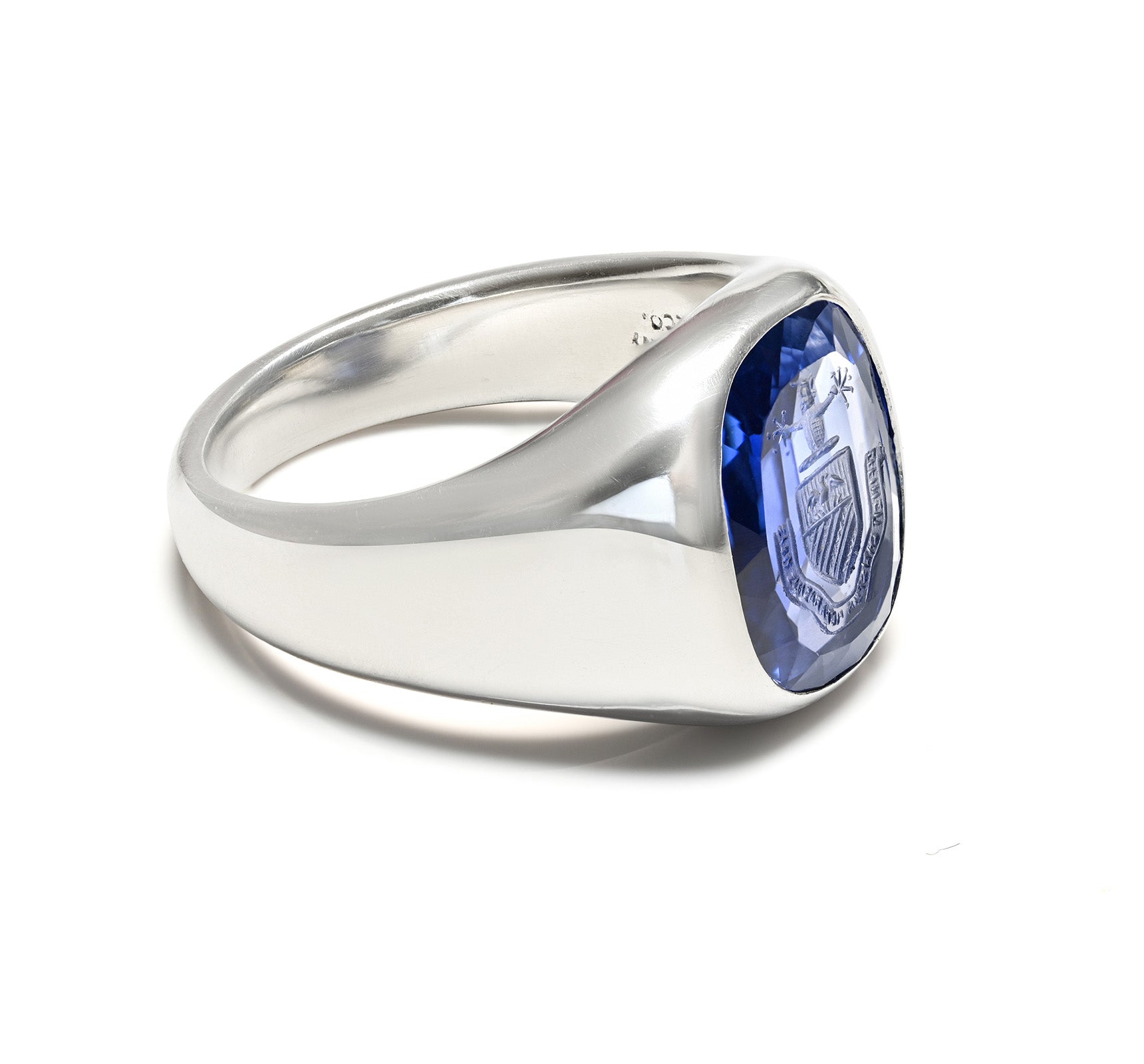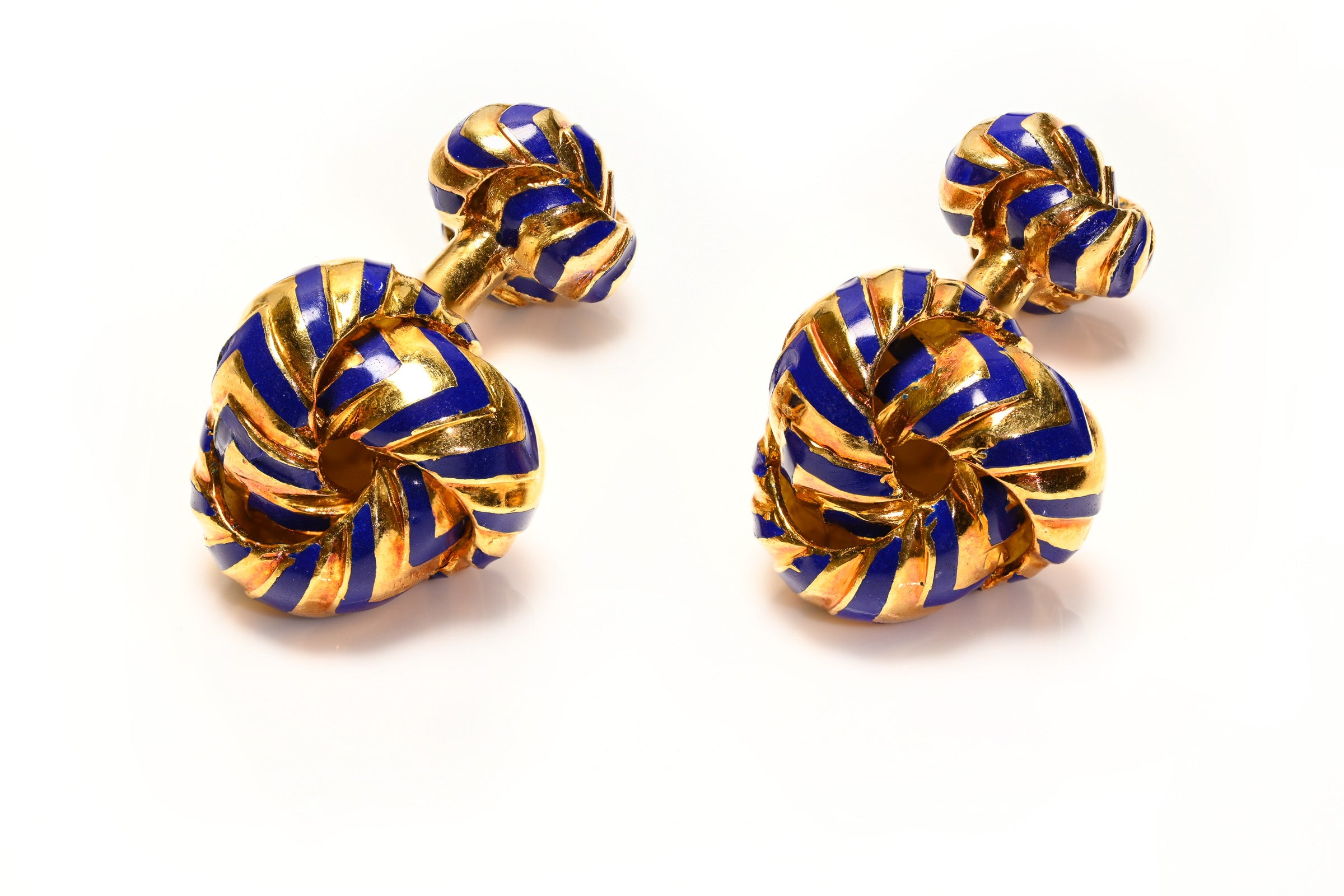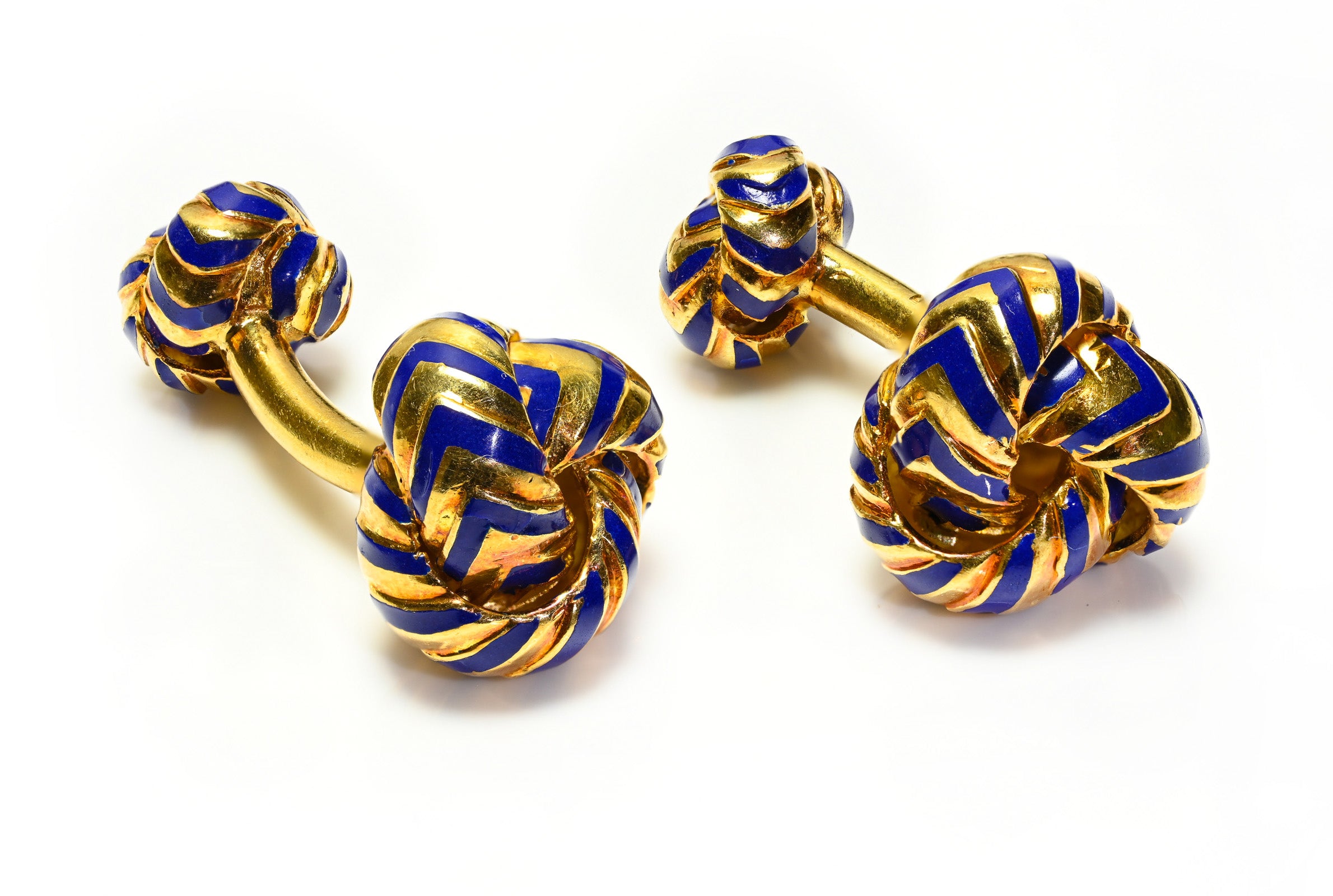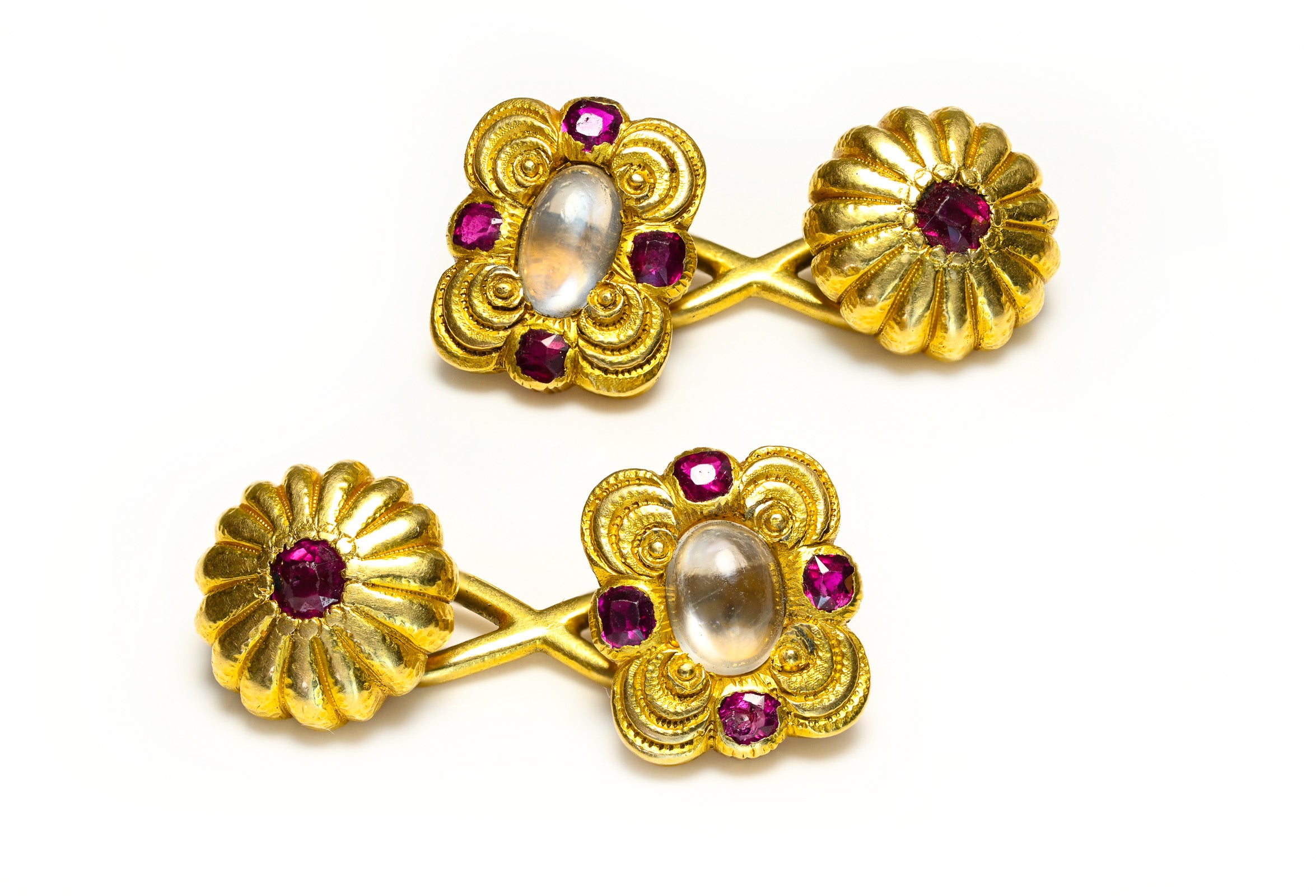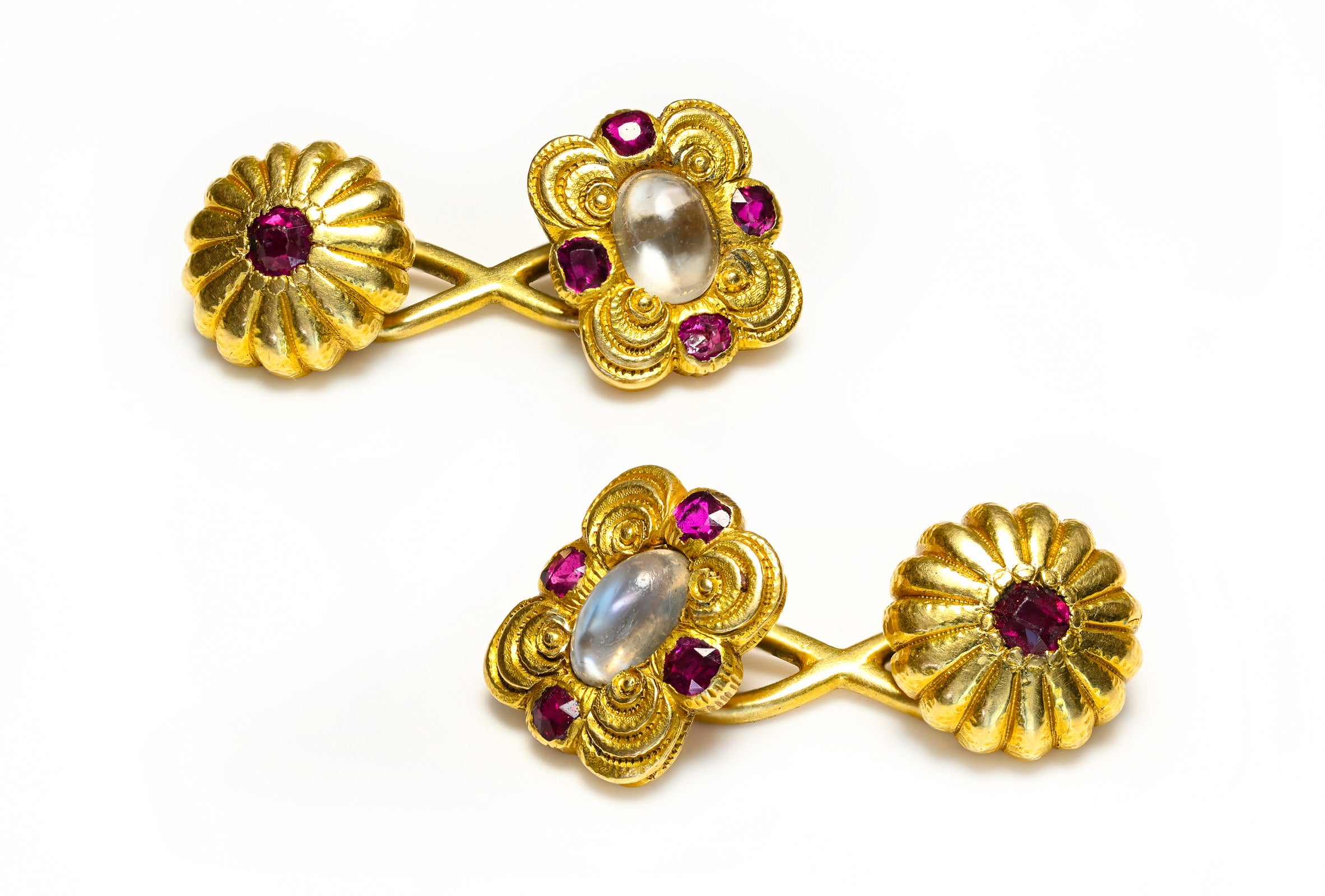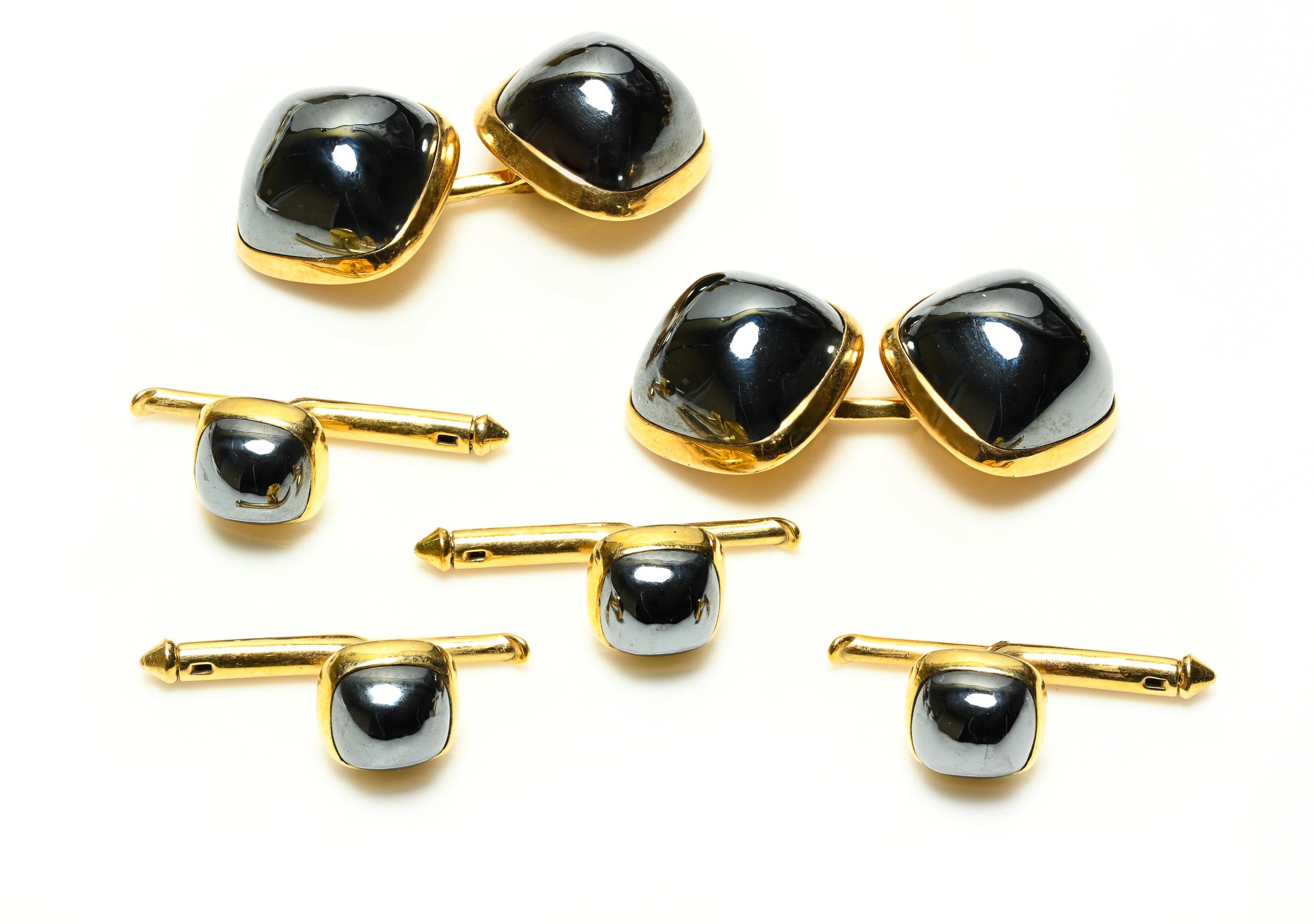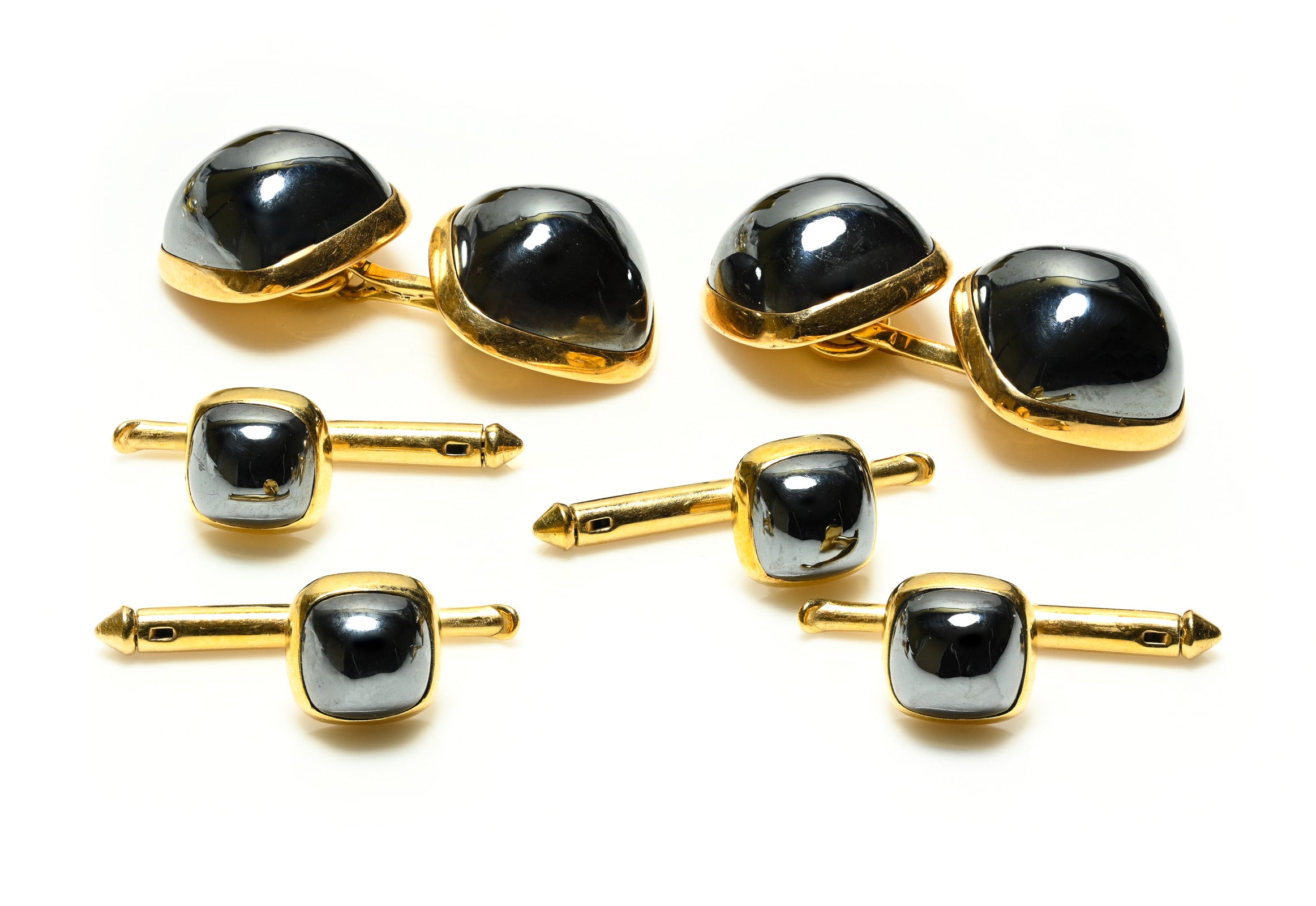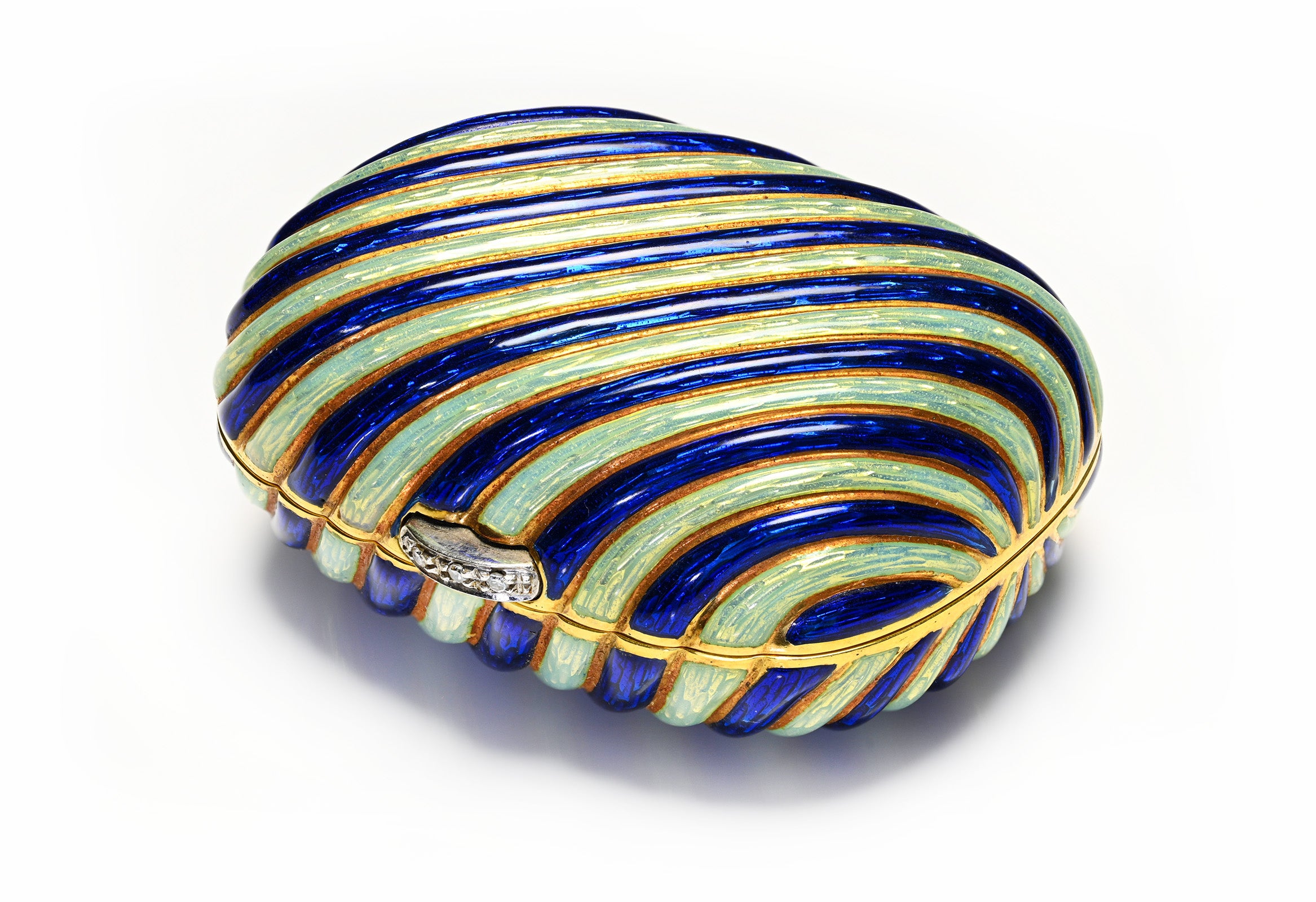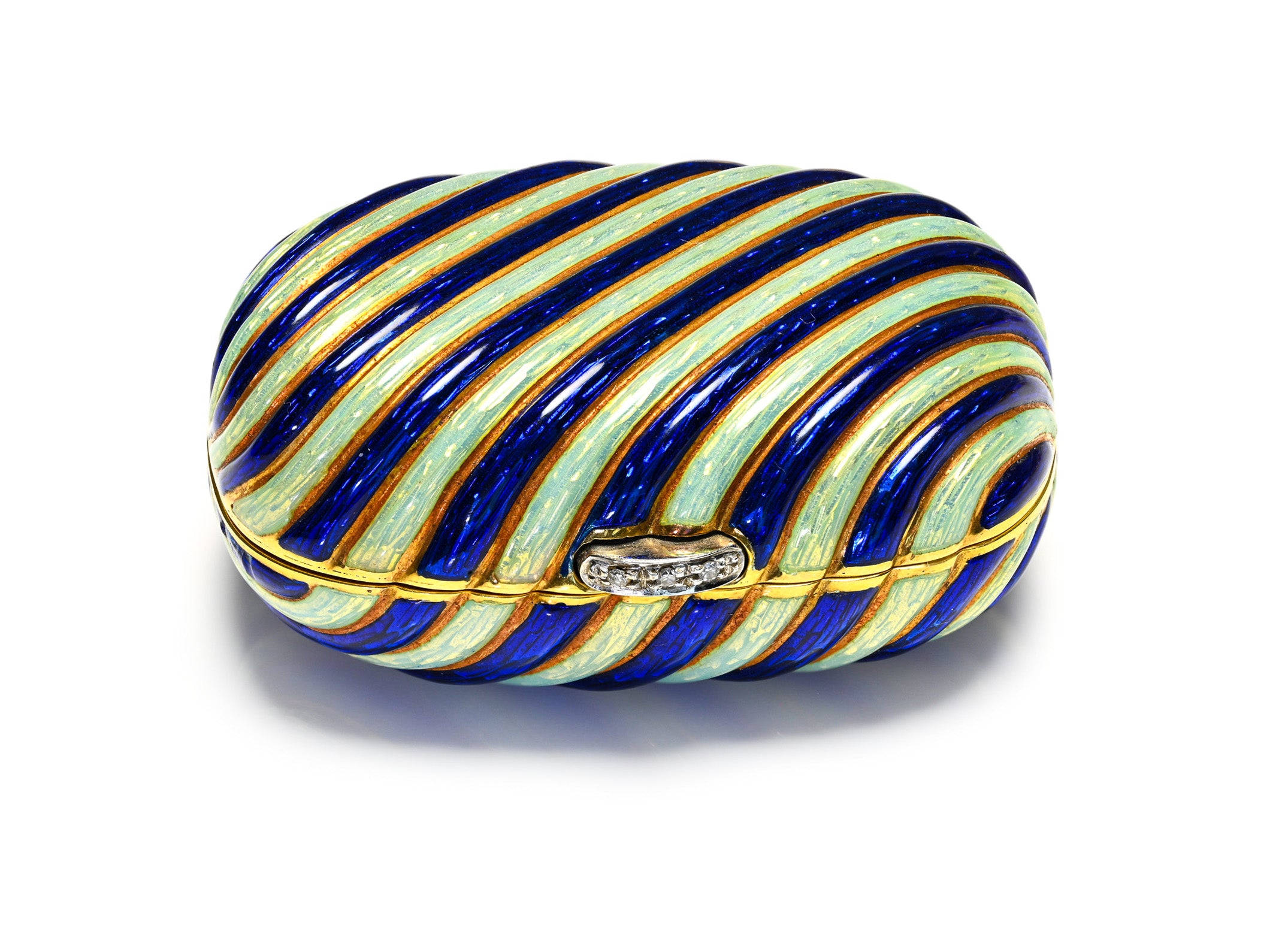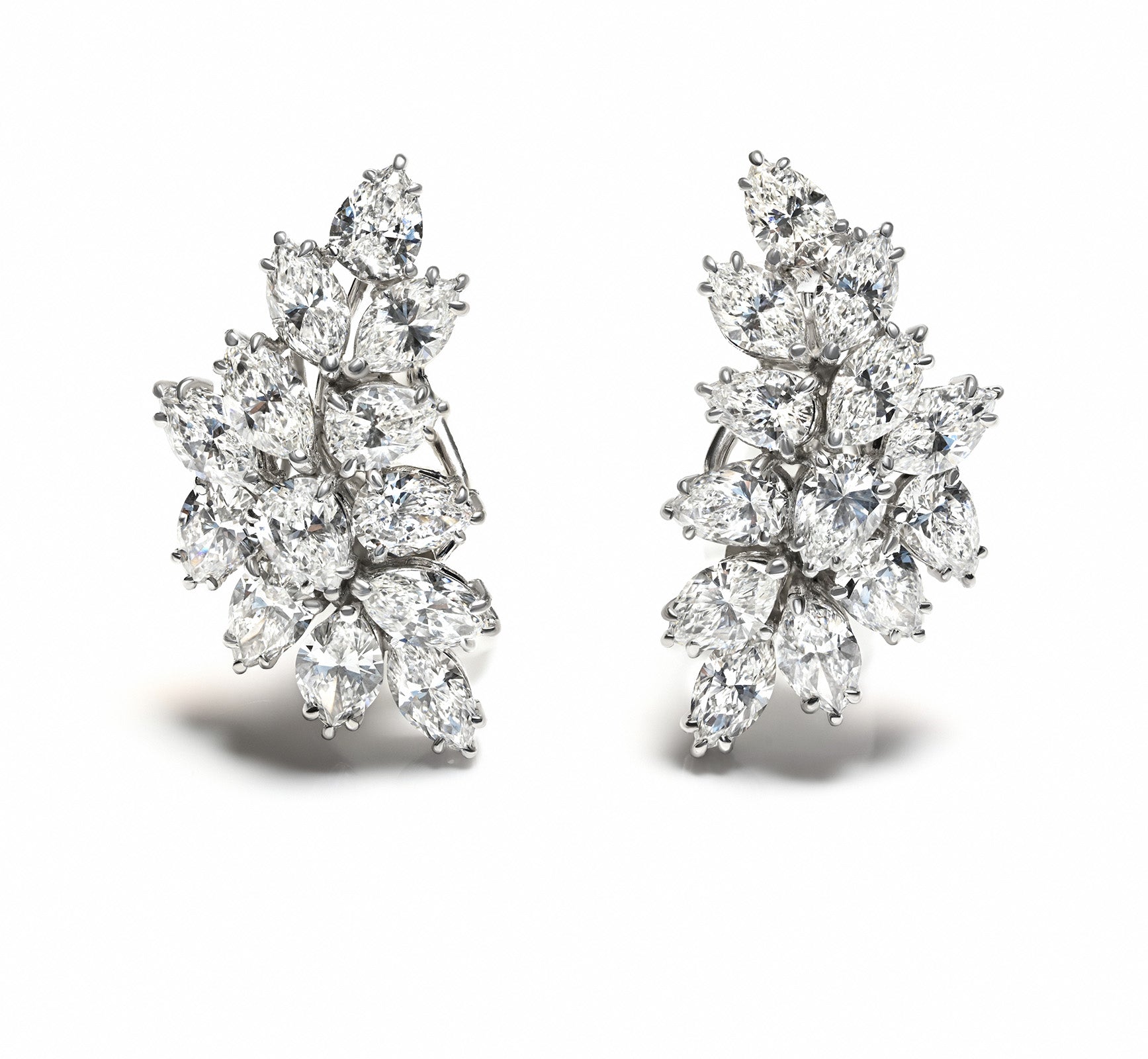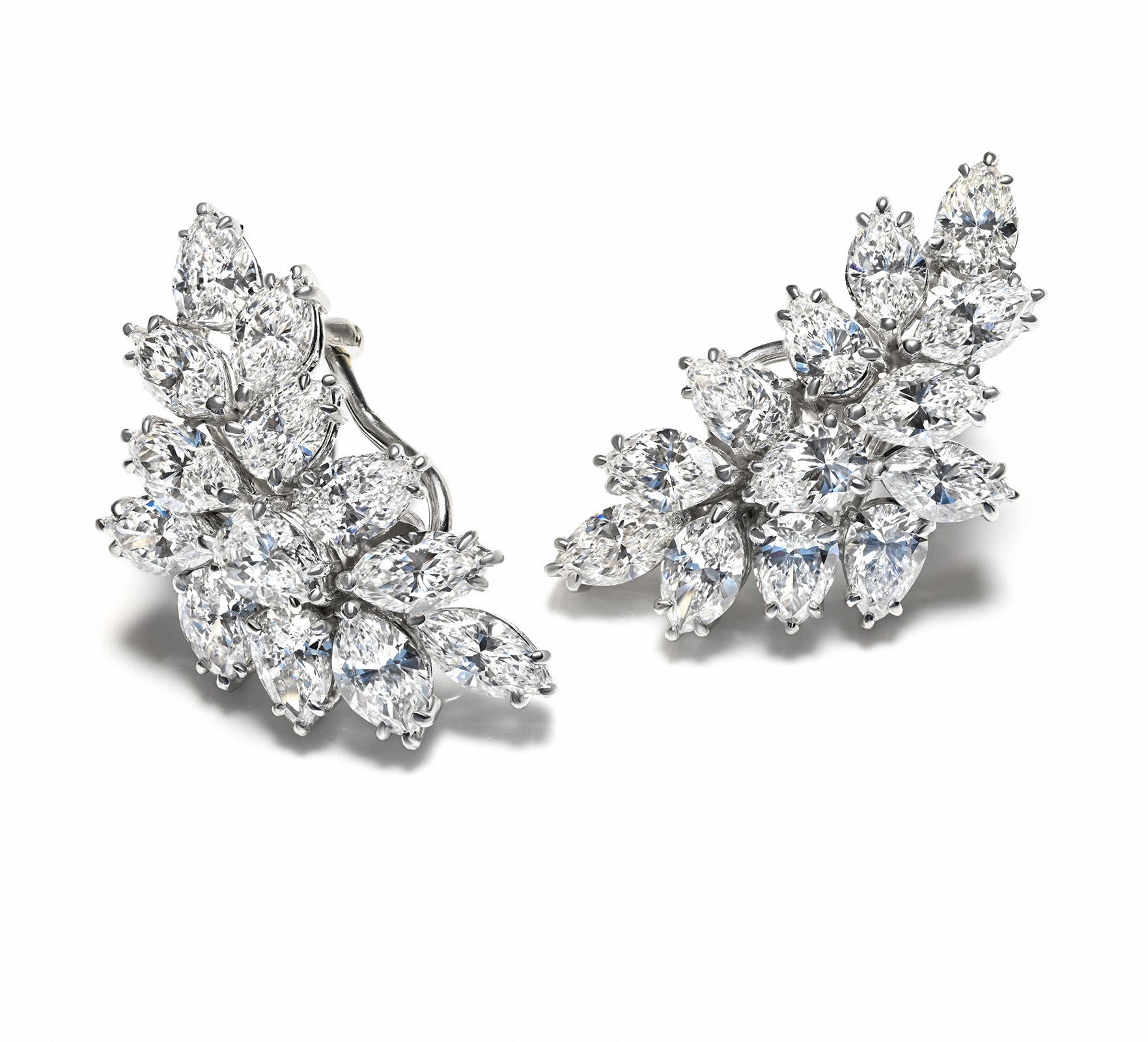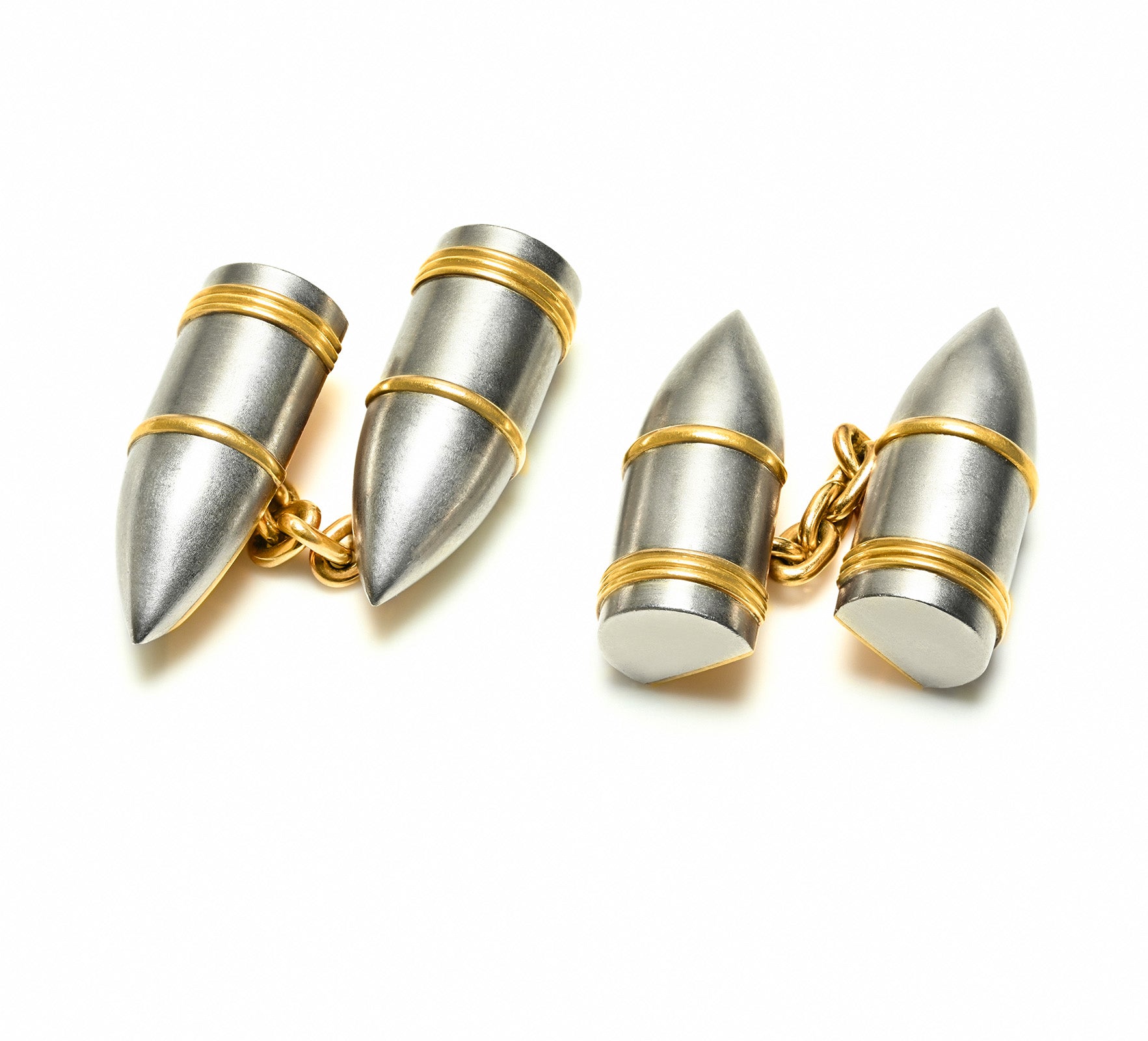
How Much Money Do You Need To "Buy" Your Happiness
How much money would you need to "buy" your happiness in the US? Check out the latest survey data on this hot topic!
According to a team of researchers and a Nobel Prize winner, there is a significant correlation between money and happiness that exceeds the $75,000-a-year salary threshold.
Essentially, money can bring happiness, Bloomberg reports.
How Much Money Do You Need To "Buy" Happiness?
A study published on March 1 in the journal Proceedings of the National Academy of Sciences shows that contentment steadily increases with income and even accelerates once a salary exceeds $100,000 a year, as long as the person has a certain baseline level of happiness.
This study was conducted on a sample of 33,391 people living in the US, and the authors say this effect can be seen for salaries up to $500,000, although there is no conclusive data beyond that level, Bloomberg adds.
The latest data contradicts the findings of a famous 2010 paper by psychologist Daniel Kahneman and economist Angus Deaton, which suggested that happiness increases with income until the relationship begins to "flatten out" at incomes between $60,000 and $90,000 a year.
Daniel Kahneman is now re-examining the paper with Matthew Killingsworth, a Ph.D. in psychology from Harvard University and a former software product manager.
According to their new paper, which they describe as a "contradictory collaboration," Kahneman and Killingsworth found that there is a plateau of happiness, but it only applies to the unhappiest 20% of people and only when they start earning over $100,000. However, even members of this unhappy group became happier as their incomes grew to six figures. Only after that point is reached does the effect of increased happiness as a result of earning higher incomes begin to diminish.
Killingsworth told New Scientist that, for very poor people, it's clear that money helps a lot. But if you have a decent income and you're still unhappy, the source of your unhappiness is probably not something that money can solve.
For those who don't fall into this group of Americans, more money means an increase in happiness, at least to some extent, and for the happiest 30% of the population, the rate of growth in happiness actually accelerates as income exceeds $100,000.
The Participants Of The Study
Interview participants were adults aged 18 to 65, employed and living in the U.S., with an average age of 33 and an average household income of $85,000 per year. They were asked about their level of happiness several times a day via an app developed by Killingsworth.
Even though the survey included participants with incomes above $500,000, the researchers noted that it could not be said with certainty whether the effect applies to people earning above that level.




